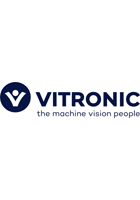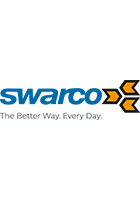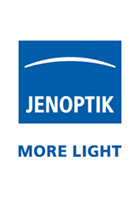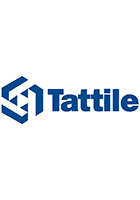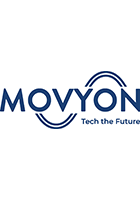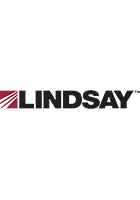
According to extensive trials, the use of RMMA does not restrict performance and shows comparable quality and capabilities with established products. A key benefit to the user is that this offers a significantly reduced CO2 footprint. This allows users to meet targets for lower carbon footprints, improved sustainability and environmental protection.
Reducing pollution from increasing traffic volumes is a major concern on a global basis in the road construction sector and Röhm says that it is meeting demand from clients to reduce carbon footprints. The new Degaroute proTerra offers a binder for use in road markings that contains at least 30% RMMA. At the same time, both visibility and durability are claimed by Röhm for the Degaroute proTerra product.
The innovative Track 2030 Degaroute based road markings are solvent-free, reactive systems. They produce almost no volatile organic compounds (VOCs) and do not require external heat input during application. “Due to their longevity, road markings based on Degaroute have always contributed to resource efficiency. Degaroute proTerra significantly increases this efficiency,” according to Jochen Henkels, head of the Methacrylate Resins Business Unit at Röhm.
Degaroute proTerra is said to combine durability with strong visual and acoustic properties and fast processing, as well as offering short curing times.
Stand 07.306


